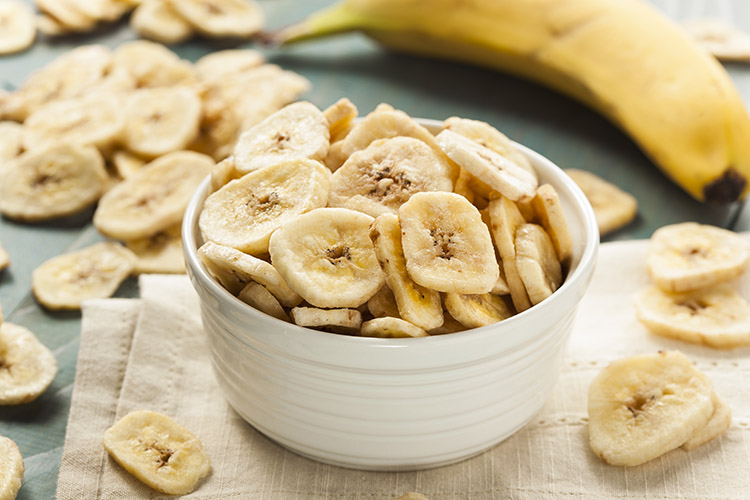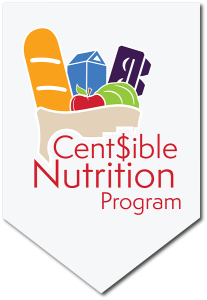Cent$ible Nutrition News • June 2020 • Volume 23 | Number 4
Download this newsletter!
Summertime is just around the corner, which means more fresh fruits and vegetables are about to be in season. While fruits and vegetables can add excitement and nutrients to our meals, sometimes they become a battleground when it comes to picky eaters. Picky eaters come in all ages, but are especially common with preschoolers. At this age, children are learning to show their independence, which sometimes comes out in their food choices. As a parent, this can be frustrating, but these tips can help!
- Let children pick out fruits and vegetables at the store
- Invite children to cook with you and be involved in menu planning
- Offer choices of fruits and vegetables
- Serve the same food to everyone at the table
- Offer one new food at a time, usually at the beginning of the meal, but don’t let food become an argument at the table- keep mealtime calm and enjoyable
- Be a good role model- love your fruits and vegetables!
- Try, try again- it can take children 10-20 tries before they love a food
- Let children pick out their own seeds to grow in a small garden
When it comes to fitting in fruits and vegetables, sometimes sneaking them in is easiest- and it’s delicious! Try adding:
- Kale, spinach, avocado, or butternut squash to smoothies
- Grated veggies to pasta sauce
- Chopped veggies to ground meat
- Blended veggies to soups
- Cauliflower to mashed potatoes
- Blended spinach or carrots to muffins
- Pumpkin, butternut squash, or blended spinach to pancakes
Download this newsletter!
CNP Newsletters
Summertime is just around the corner, which means more fresh fruits and vegetables are about to be in season. While fruits and vegetables can add excitement and nutrients to our meals, sometimes they become a battleground when it comes to picky eaters. Picky eaters come in all ages, but are especially common with preschoolers. At this age, children are learning to show their independence, which sometimes comes out in their food choices. As a parent, this can be frustrating, but these tips can help!
- Let children pick out fruits and vegetables at the store
- Invite children to cook with you and be involved in menu planning
- Offer choices of fruits and vegetables
- Serve the same food to everyone at the table
- Offer one new food at a time, usually at the beginning of the meal, but don’t let food become an argument at the table- keep mealtime calm and enjoyable
- Be a good role model- love your fruits and vegetables!
- Try, try again- it can take children 10-20 tries before they love a food
- Let children pick out their own seeds to grow in a small garden
When it comes to fitting in fruits and vegetables, sometimes sneaking them in is easiest- and it’s delicious! Try adding:
- Kale, spinach, avocado, or butternut squash to smoothies
- Grated veggies to pasta sauce
- Chopped veggies to ground meat
- Blended veggies to soups
- Cauliflower to mashed potatoes
- Blended spinach or carrots to muffins
- Pumpkin, butternut squash, or blended spinach to pancakes
CNP Newsletters
June's Feature Recipe

Banana Chips
Banana chips are an easy, healthy snack that the whole family will love. Bake some up, enjoy them at home or on the go, or toss them into trail mix, cereal, or other snack mixes.

